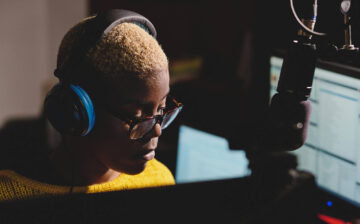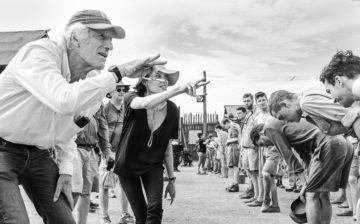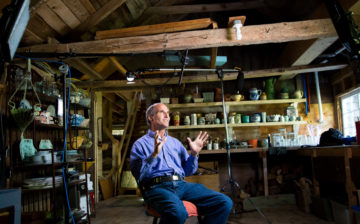Workshops
Discover the beauty of moving forward by going backward.
There are no available registration dates at this time.
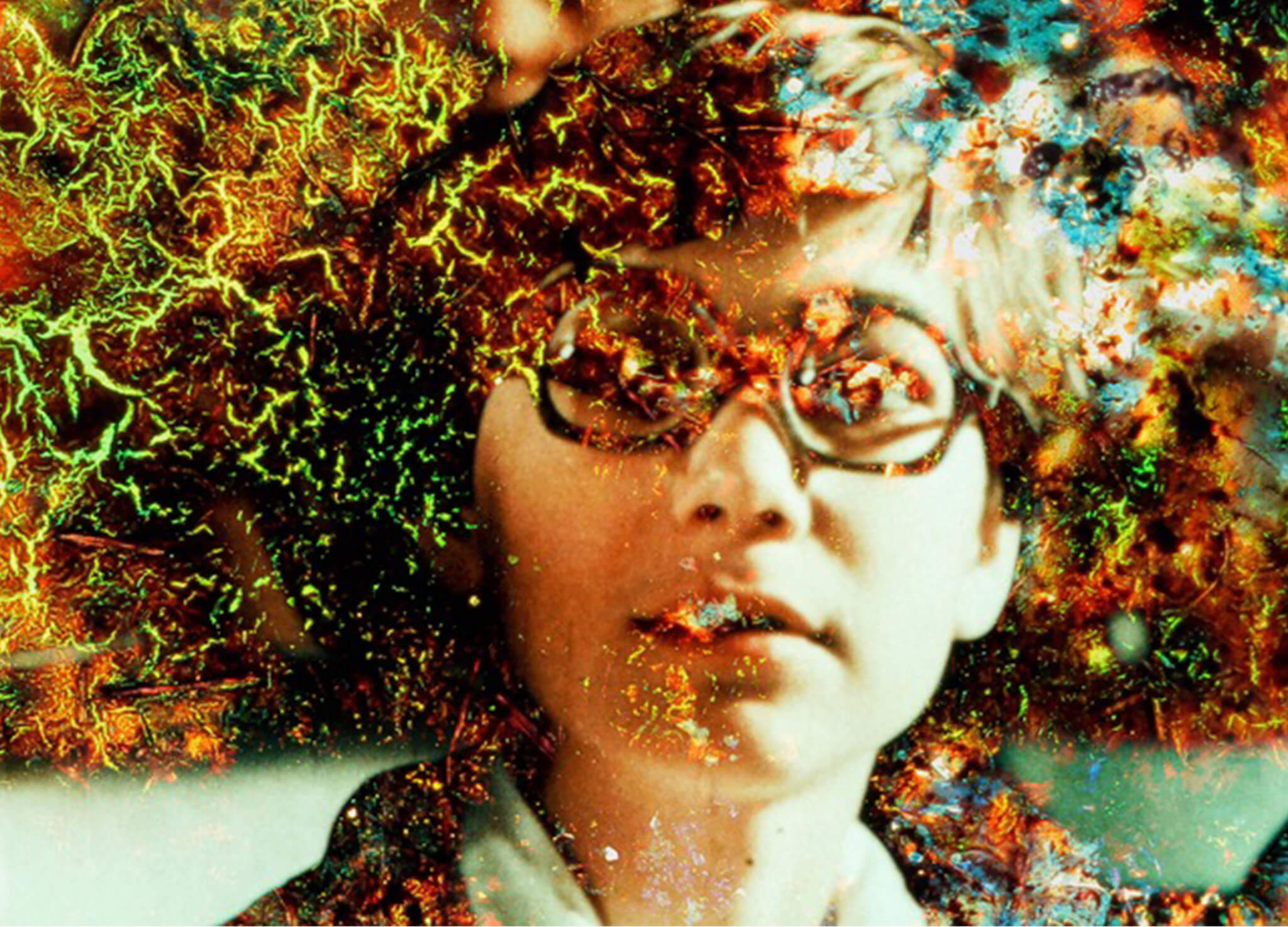
As analog mediums continue to make a resurgence, it is no wonder that 16mm filmmaking has stood the test of time. Traditionally used in experimental films and by amateur filmmakers, the use of analog film has persisted in our predominantly digital-based world. Modern-day filmmakers continue to be engaged with 16mm film, from its inclusion in recent indie films, music videos, and continued application in experimental genres.
Although 16mm films are traditionally made with a camera, experimental filmmaking has a rich legacy of alternative, camera-less, and handmade 16mm film practices. These techniques take advantage of motion picture film’s materiality, embracing the physical film strip as a unique, expressive medium. By painting directly onto the film, deteriorating the image with bleach, and even taping plant fragments to clear film, filmmakers such as Stan Brakhage, Jennifer Reeves, and Ja’Tovia Gary have engaged with this tangible approach to 16mm filmmaking, crafting creative and insightful films.

Working in a similar spirit, students in this class will experience an exploratory and immersive dive into 16mm filmmaking through camera-less filmmaking methods. Students will get their hands dirty right away, approaching this filmmaking practice through experimental processes, techniques, and a hands-on, DIY approach. We will explore 16mm film’s visual capabilities through intentional manipulations of celluloid with inks, bleach, and scratching, recontextualization of found 16mm footage, and contact printing methods such as phytograms (a photochemical technique of creating images on film using plant matter).
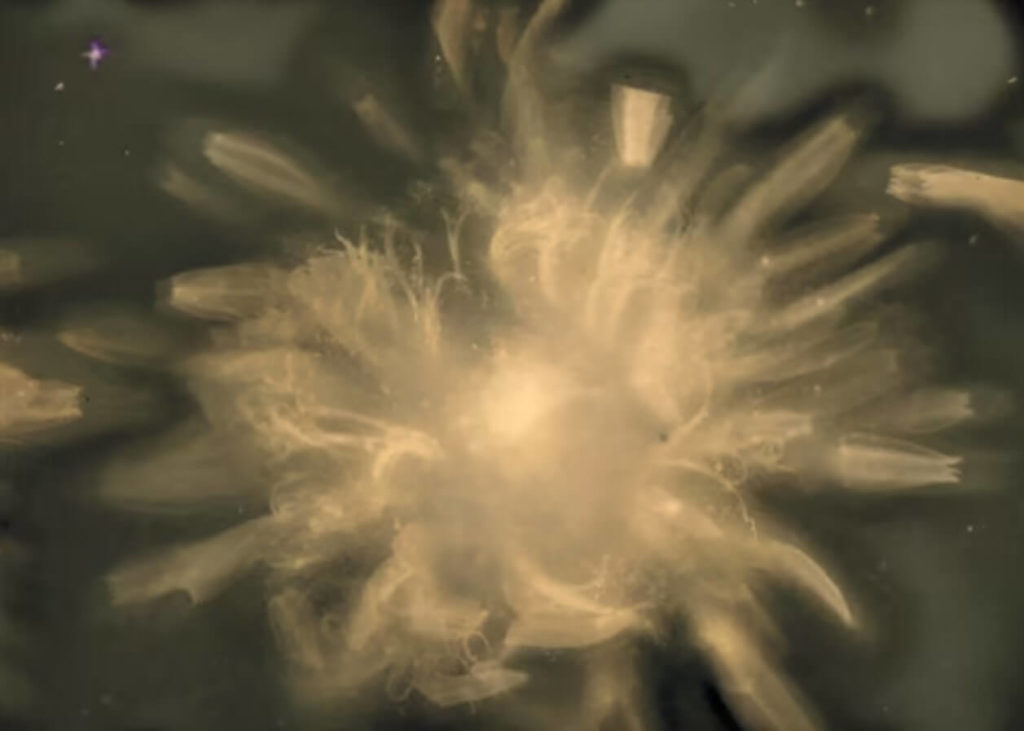
The course will also include presentations on the history of experimental camera-less filmmaking, providing examples and provoking discussion to inform student work. Following these discussions, students will participate in a series of exercises oriented towards various disciplines in experimental filmmaking, culminating in a short, finished film that integrates these new techniques. Additionally, students will learn 16mm post-production skills, such as editing motion picture films with film splicers, editing viewers, and screening their films with 16mm projectors.
Tuition includes 16mm film for student exercises, the use of equipment, and all ingredients used for processing.
Embrace the unique attributes of 16mm and see what it brings to your work.
Please note: An hour-long training session on Set Etiquette and Safety will be required of anyone registered for a workshop that involves production. Students only need to participate in this session once during their time on campus.
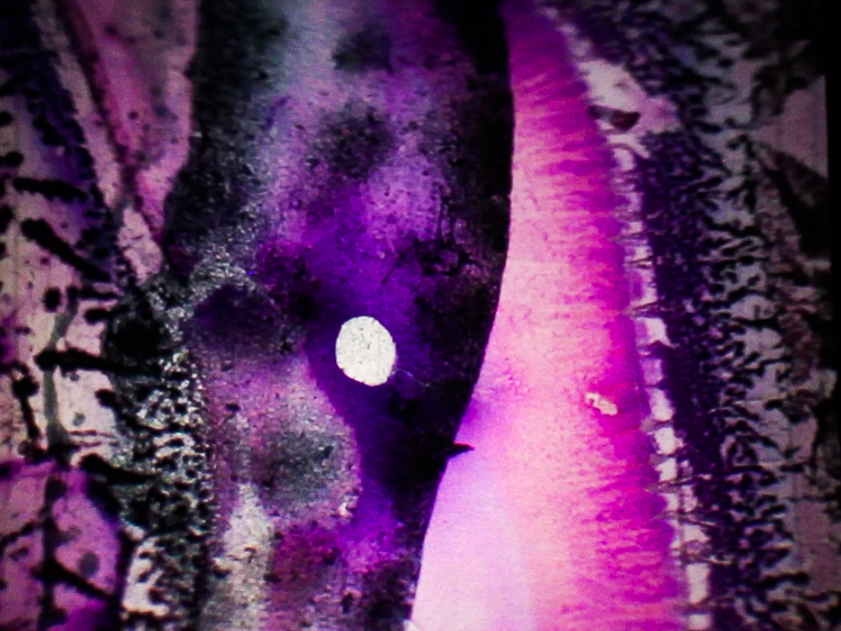
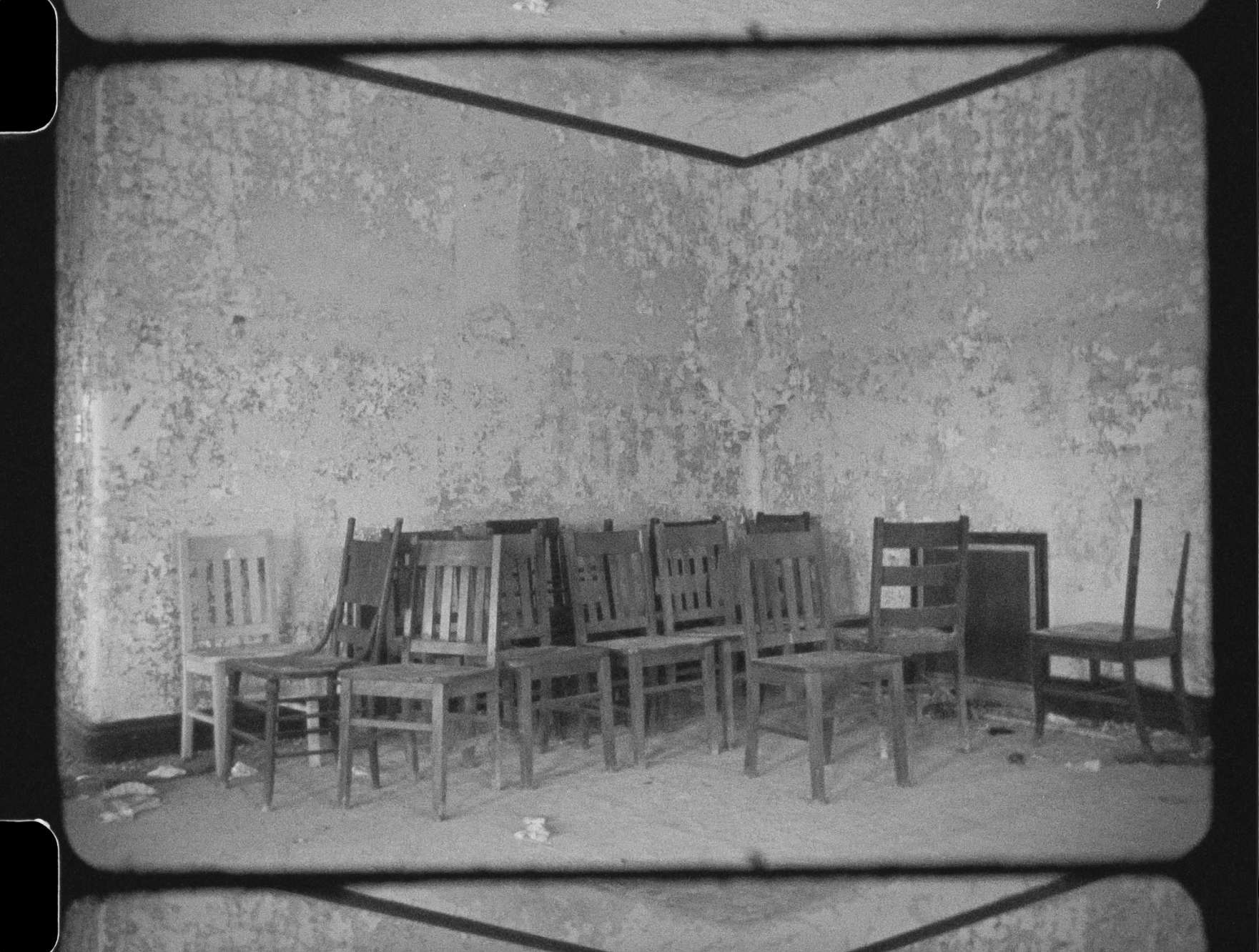
Share This
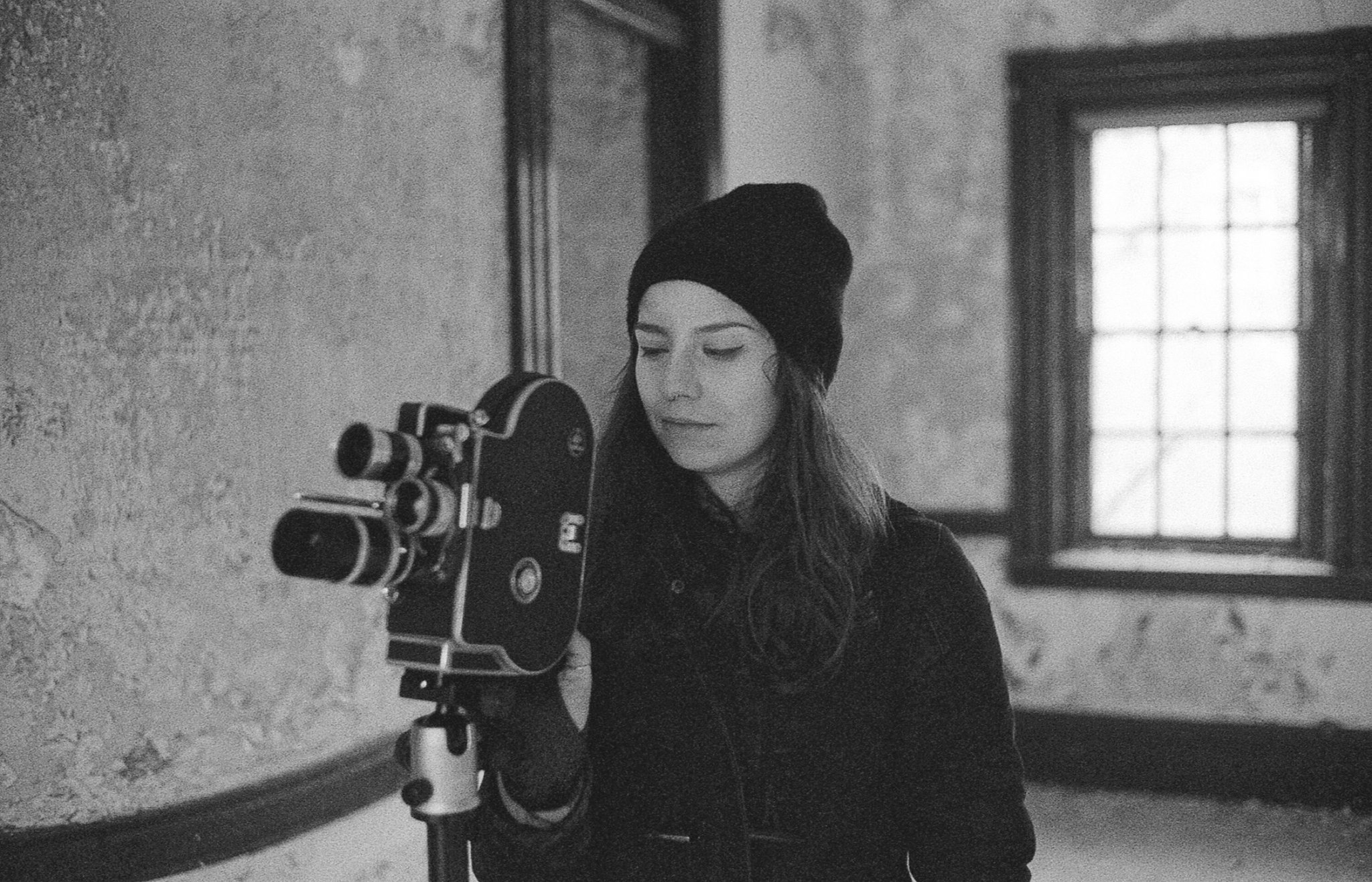
Instructor: Anna Graham
Anna Graham is a documentary filmmaker, photographer, and teacher based out of Boston, Massachusetts. She is currently an Instructor at Suffolk University and a Teaching Assistant at Harvard University, where she works with classes at a variety of skill levels, ranging in subject from traditional documentary filmmaking to 16mm filmmaking, iPhone filmmaking, and film editing. She also actively freelances as a camera operator, editor, producer, and sound recordist, working on films such as Julie Mallozzi’s Circle Up (2017) and Lucia Small’s Girl Talk (work in progress). Anna is currently working on a 16mm film documentary investigating the history of mental illness in the United States by researching and filming its former State Hospitals.


